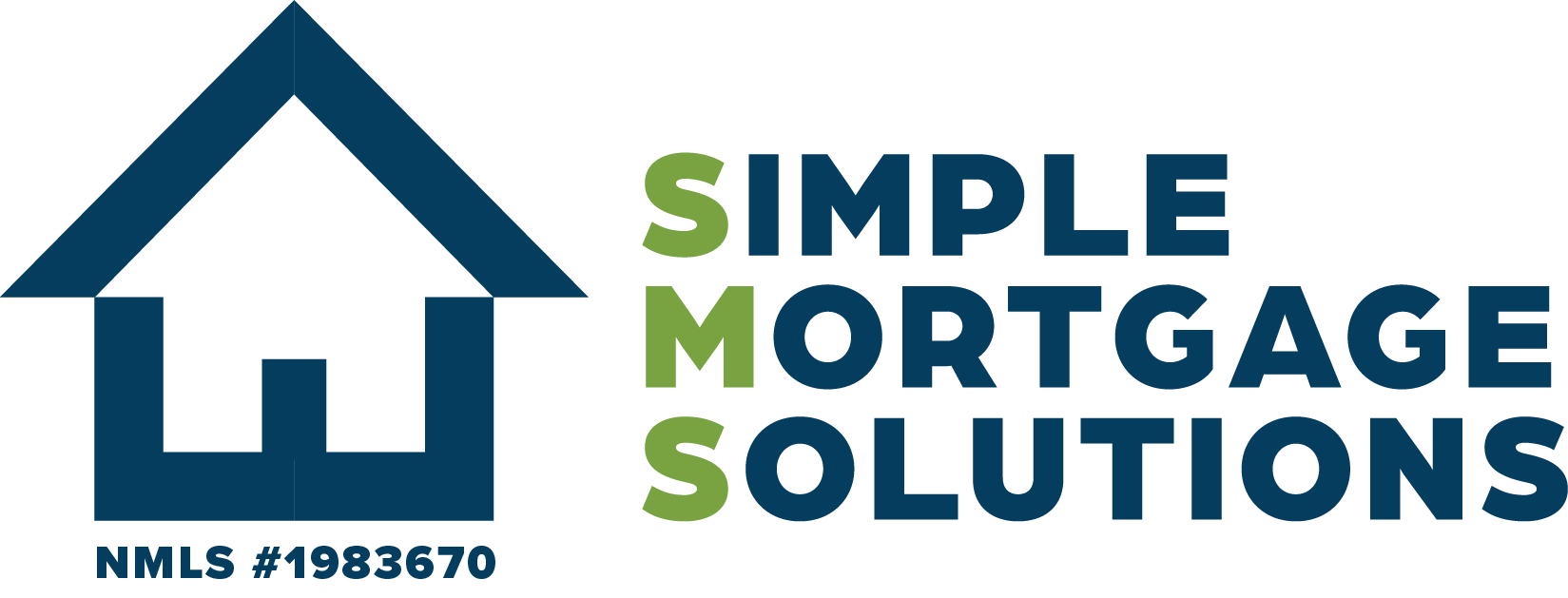
What is an FHA Loan
Buying a home is one of the biggest financial steps many people take in their lives. For some, getting a home loan (also called a mortgage) can feel overwhelming, especially if they don’t have a large down payment or a perfect credit score. That’s where an FHA loan can help.
Understanding FHA Loans
An FHA loan is a type of mortgage that is backed by the Federal Housing Administration (FHA). This means the government helps insure the loan, making lenders more willing to offer loans to people who might not qualify for a traditional mortgage. FHA loans are a popular option for first-time homebuyers and those who have lower credit scores or smaller savings for a down payment.
How FHA Loans Work
When a person applies for a loan, the lender (such as a bank) looks at their financial history, including their credit score, income, and debts. If the borrower doesn’t meet the requirements for a regular mortgage, they may still qualify for an FHA loan. The FHA doesn’t lend money directly; instead, it guarantees part of the loan so lenders feel more secure in lending money.
One of the biggest benefits of an FHA loan is the lower down payment requirement. With a conventional loan, borrowers often need to put down at least 10-20% of the home’s price. With an FHA loan, they may only need as little as 3.5% down, which can make homeownership more affordable.
Credit Score and Other Requirements
Even though FHA loans are easier to qualify for than conventional loans, borrowers still need to meet certain requirements. Credit scores play a big role in determining eligibility. In most cases, a borrower with a credit score of 580 or higher can qualify for the lowest down payment option. Those with scores between 500 and 579 may still qualify, but they might need a higher down payment.
Another important factor is the debt-to-income ratio, which is the percentage of a person’s monthly income that goes toward paying debts. Generally, FHA lenders prefer that a borrower’s total debts (including their new mortgage) do not exceed 43% of their income.
FHA Mortgage Insurance
One key difference between FHA loans and conventional loans is mortgage insurance. Because FHA loans allow borrowers to put down a smaller amount, lenders require them to pay for mortgage insurance. This protects the lender in case the borrower stops making payments.
There are two types of FHA mortgage insurance:
Upfront Mortgage Insurance Premium (UFMIP): This is a one-time fee that borrowers pay at closing. It is usually about 1.75% of the loan amount.
Annual Mortgage Insurance Premium (MIP): This is an ongoing monthly fee that gets added to the mortgage payment. It varies depending on the loan amount and term but usually stays in place for the life of the loan unless the borrower refinances into a conventional loan later.
Types of FHA Loans
FHA loans are not just for buying a home. There are different types of FHA loans depending on the borrower’s needs:
FHA 203(b) Loan: This is the most common type of FHA loan used for buying a single-family home.
FHA 203(k) Loan: This type of loan helps borrowers buy a home and pay for renovations at the same time.
FHA Streamline Refinance: This is for homeowners who already have an FHA loan and want to refinance to get a lower interest rate with less paperwork.
FHA Energy Efficient Mortgage (EEM): This loan allows borrowers to finance energy-saving upgrades, like solar panels or better insulation.
Pros and Cons of FHA Loans
FHA loans have many benefits, but they also come with some drawbacks. Here are a few things to consider:
Advantages:
Lower down payment (as low as 3.5%)
More flexible credit score requirements
Available to first-time and repeat homebuyers
Can include repair or energy-efficient improvement costs
Disadvantages:
Mortgage insurance is required and can be costly
Borrowing limits apply based on location
Homes must meet certain safety and livability standards
Can take longer to process compared to conventional loans
Is an FHA Loan Right for You?
An FHA loan is a great choice for those who don’t have a large down payment saved up or have less-than-perfect credit. However, if a borrower has strong credit and enough savings, a conventional loan might be a better option since it doesn’t require long-term mortgage insurance.
Before applying for any loan, it’s important to compare options and speak with a mortgage broker. They can help determine whether an FHA loan is the best fit based on financial goals and personal circumstances. Buying a home is a big decision, and choosing the right loan can make all the difference in the homebuying journey.


